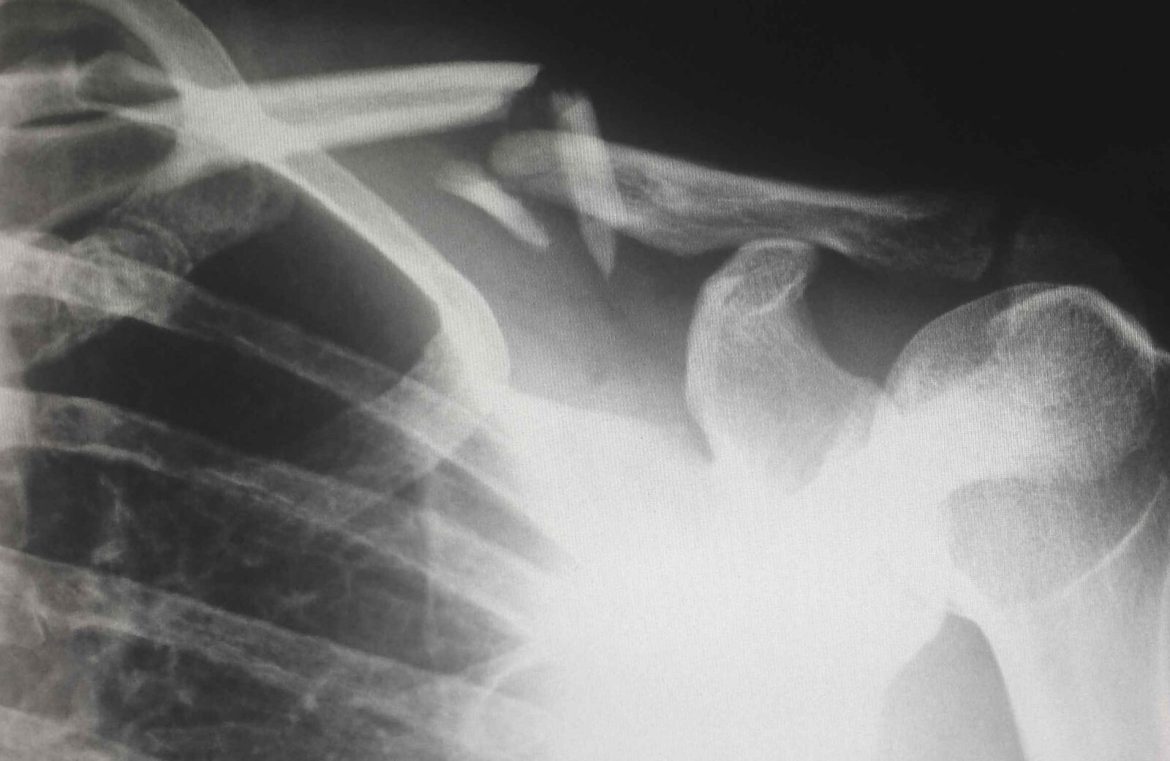The adage ‘If it weren’t for bad luck, I’d have no luck at all!’ resonates with everyone, for tragedy does not discriminate. In the face of overwhelming difficulties, we’re thrust into a whirlwind of raw and fundamental emotions. For some, it’s a determined struggle to rise above, for others, a sinking sense of surrender. Most will waver between these extremes. From personal experience, I’ve emerged not just intact but flourishing. The key when grappling with life’s harshest blows is to evaluate what remains, what’s necessary, and innovate solutions—remarkably, planning your survival can become a diversion from the calamity itself. Sooner or later, adversity strikes; here’s my guide to rebounding from your life’s downturns…
The Immediate Impact of Disaster
For the self-employed, even a minor ailment can mean a financial hiccup. A personal account: my motorbike crash resulted in several months sidelined due to significant injuries. As an artist, the physical damage to my dominant arm meant work had to be paused. But the financial obligations did not – hefty medical bills and an extended hospital stay compounded the challenge. Emotional turmoil, such as dealing with divorce or a chronically ill child, can also be very heavy, magnified by monetary strains. [pullquote]…tragedy often strikes unannounced[/pullquote] Losing a regular paycheck sends ripples of stress throughout your life, sometimes arriving unexpectedly, other times after persistent company rumors. Regardless, it usually catches people off-guard. And when family emergencies call, they can incapacitate us for prolonged periods.
A friend recently shared her pending divorce online—ironically leading to targeted ads for dating services and legal assistance. Her story mirrored a common pitfall: complacency. At risk of losing her support system, she frantically searched for employment to cover vital expenses. Tragedies often prompt us to seek support from our social circles. To mitigate the financial blow, here are essential steps for resilience:
1. Tap Into Your Network
[pullquote]Now is not the time for reticence…your strongest allies will reveal themselves.[/pullquote] Ensure your resume is not just current but aligns with the latest professional standards—seek online advice to fine-tune it to perfection. Then, appeal to your connections, casting a wide net across friends, family, and business contacts alike. This is no time for shyness. In times of need, true friends shine through.
2. Detail Your Finances
Determine the amount needed to weather this financial storm until the flow of income is restored. Identify which expenditures can be trimmed to minimize debt. Look into governmental support programs and consider who might extend you a loan. Relying on credit cards is a deceptive solution, as the subsequent debt can grow into a long-term burden. Cutting even minor costs can eventually tally up to considerable savings.
3. Find Alternative Income Streams
It’s moment to set aside your pride. Part-time employment may not be glamorous, but it helps. In my own experience, I turned to bartending, delivery driving, and even selling possessions to make ends meet. Quick freelance projects and loans from friends supplemented my income in lean times. Here are some immediate income options: [pullquote]let go of your ego[/pullquote]
- Ebay: Creatives often accumulate a trove of collectibles. Selling them might be hard but can alleviate financial pressures.
- Social safety nets: Government programs can be a lifeline. Google “food banks,” “artists’ grants,” and “low cost loans” for local resources. Organizations, including religious groups, often offer emergency aid.
- Contract work: When funds dried up, I would take on contract design roles through an agent specializing in my field. These gigs paid fairly, lasted a variable duration, and allowed me to expand my professional network.
- Design contests: Despite their negative reputation, design contests can be a necessary evil to ward off debt. Consider participating anonymously for a shot at prize money.
- Request freelance gigs: Employ your network to find interim freelance opportunities or insider info on job openings. Always worth a shot to ask.
4. Capitalize on Other Skills
Post-accident, and with my dominant arm heavily compromised, I discovered a unique, small-scale doodling style that I could expand and adapt. Clients were open to this fresh approach; new ones even sought it out. [pullquote]Adapt to work that brings you joy outside your primary field[/pullquote] I eventually transitioned to being a designer and then creative director—a blessing in disguise. When layoffs hit my workplace, I advised my colleagues to leverage their creativity in new ways. Today, they’ve diversified professionally, some translating their creative talents into hobbies, others into different careers.
5. Maintain Mental Wellness
It’s inevitable to encounter anxiety and distress during such trials. Methods to manage sanity vary: exercise, social gatherings, movies, or any activity that elevates your mood. Humor is a phenomenal remedy—the more you laugh during tough times, the better. Also, seek out free counseling or support groups where discussing shared hardships can be immensely therapeutic. Once, a counselor’s simple insight about feeding myself, akin to feeding a forgotten cat from a recurring dream, profoundly shifted my perspective.
In Conclusion
Digging yourself out of a rut is possible, especially with a reliable network. Throughout my career, I’ve accumulated favors which were readily returned during my times of need. As for those who didn’t step up, it’s revealing to see who your real friends are—sometimes, this realization is invaluable. As I pen this, I’ve just weathered a severe flu and am bracing for a pricey car repair. Some sacrifices are inevitable; that means my cherished Japanese robot figures from the ’80s are bound for Ebay. Featured image via Unsplash.

